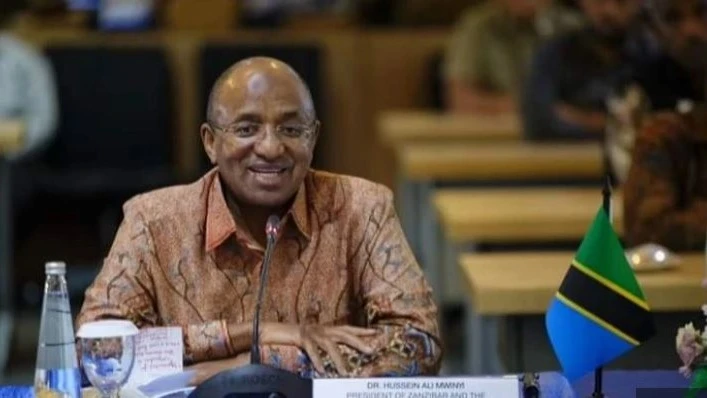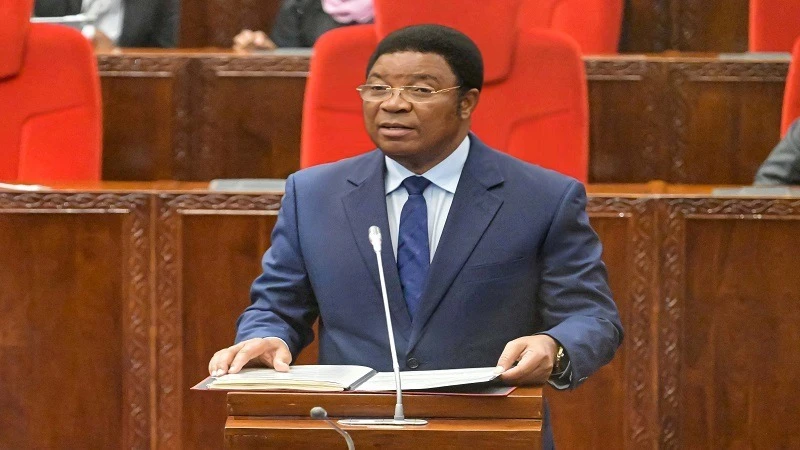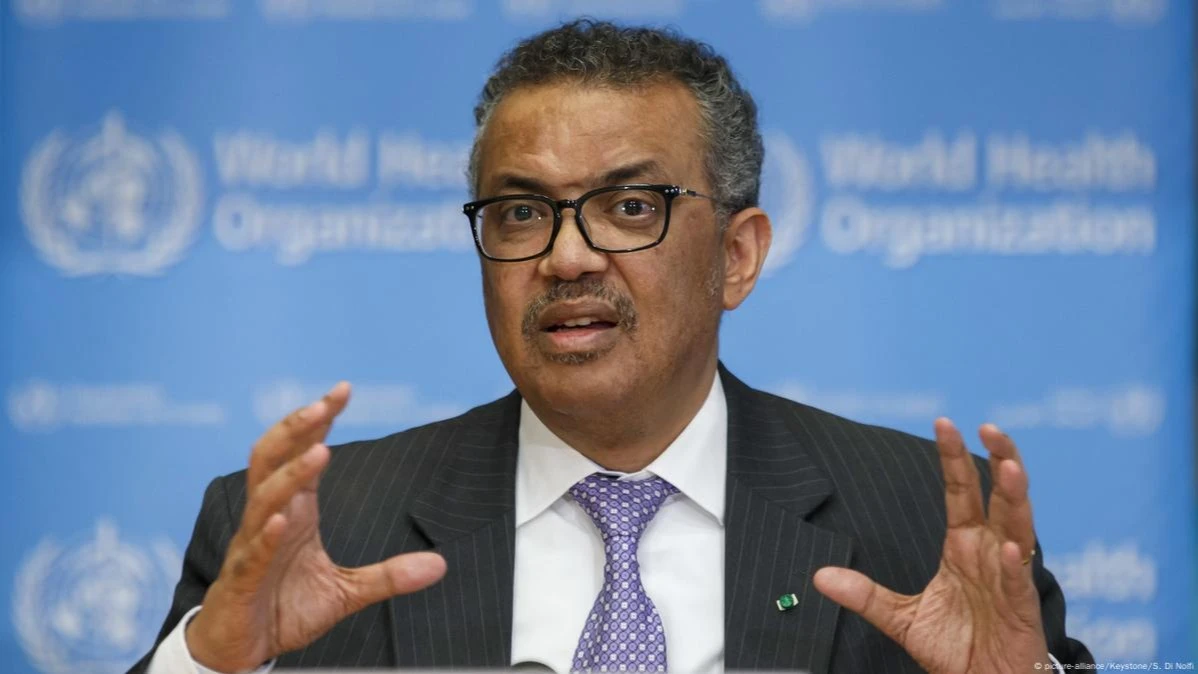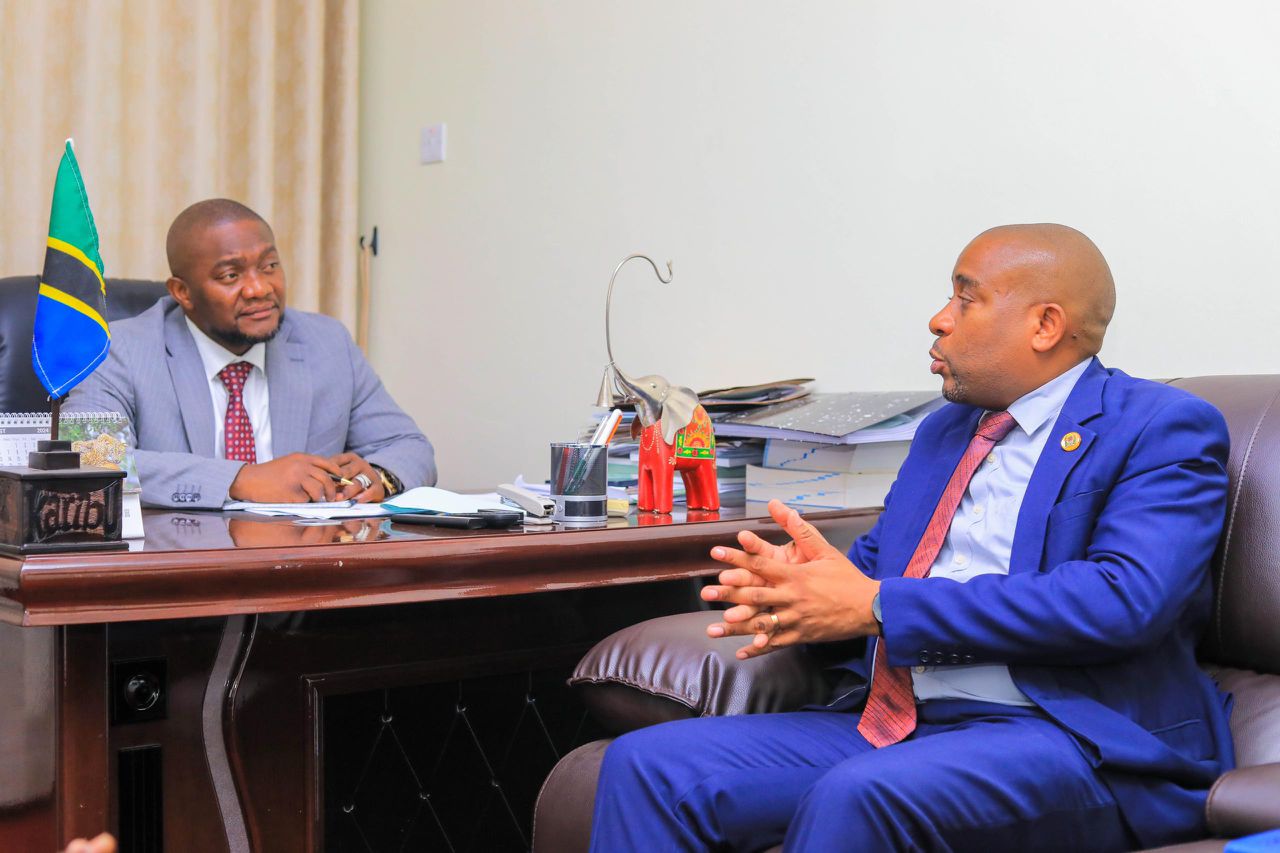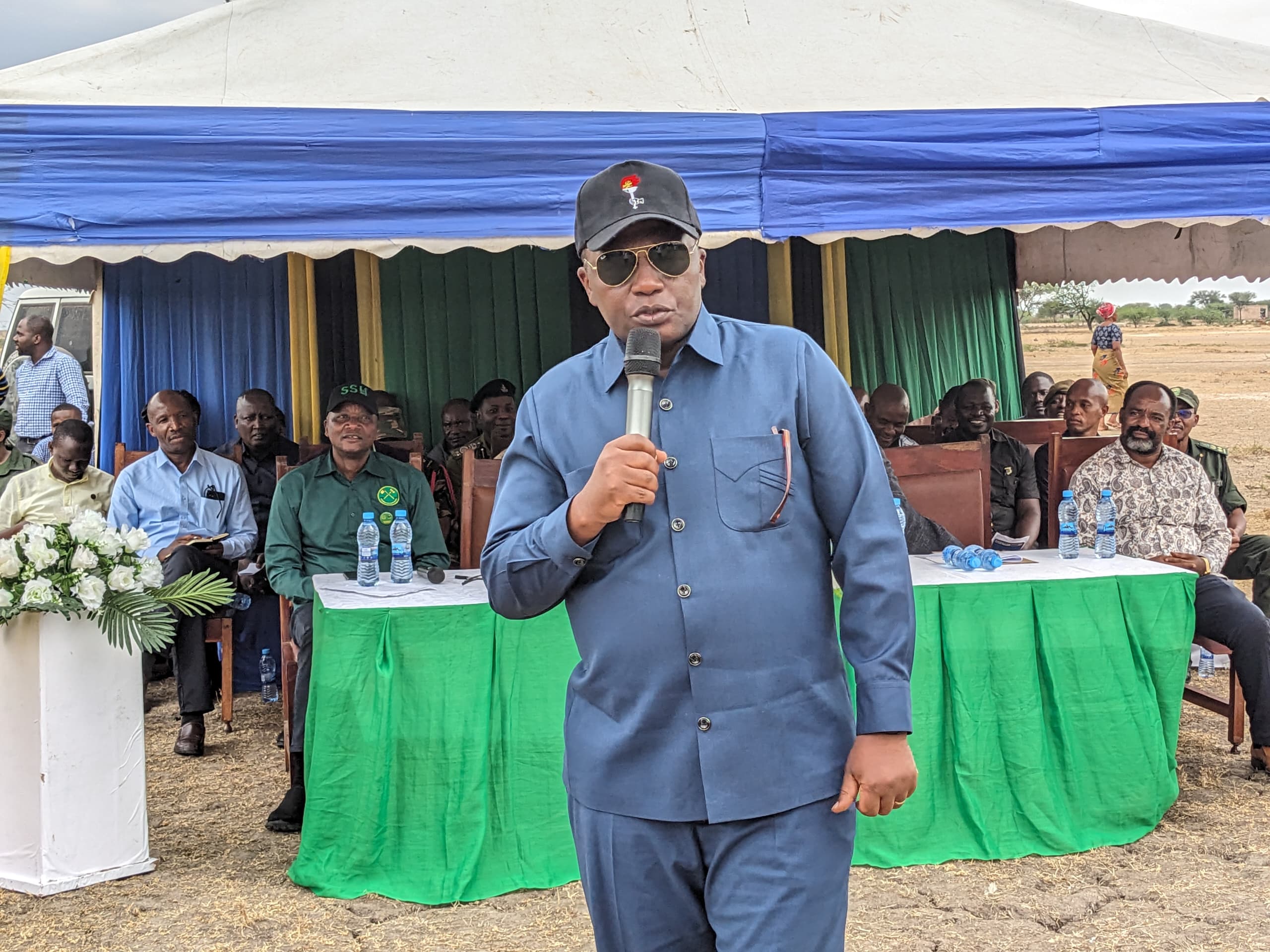Examination pressure crisis: The unrelenting tensions facing both students and teachers

IN Tanzania, the education system's reliance on high-stakes written exams has become a significant pressure point for students and teachers. Unlike higher education institutions that employ a modular curriculum—assessing knowledge in smaller, manageable chunks—secondary schools follow a spiral curriculum. This means that topics are revisited and built upon over four years, culminating in comprehensive final exams that cover all four years of study.
Public school teachers face a different set of challenges compared to their counterparts in private institutions. While public school teachers may see large numbers of students fail without facing consequences, private school educators are under immense pressure to ensure high pass rates. Their jobs often depend on the performance of their students in national exams.
A private school geography teacher, who preferred to remain anonymous, shared his harrowing experience: “Last year, I had to stay out late preparing students for their final exams. I live in Mbezi kwa Msumi, and my school is in the city center. One night, it rained heavily, and there were no buses, so I had to take a motorcycle home, arriving at dawn, only to be back at work early the next day.”
The situation is exacerbated by the high expectations placed on teachers without adequate compensation or support. Private schools often promise incentives for good exam results, but these promises rarely reflect the time and effort teachers invest. One physics teacher lamented, "I practically live at the school during exam preparations, eating the same meals as the boarding students, just to keep my job."
Students, too, are feeling the strain. A fourth-year student complained about the constant review sessions: "We've covered the curriculum since October last year, but the endless reviews have left us with little time to study independently. Experts say too many cooks spoil the broth, and that's what it feels like here."
The Tanzania Heads of Secondary Schools Association (TAHOSSA) mock examinations, meant to prepare students for national tests, have received mixed feedback. Supporters argue they provide valuable academic challenges, while critics say they are too difficult and underfunded.
Many private schools, including Catholic, Muslim, Seventh-day Adventist, and Lutheran institutions, have opted to create their assessments, dissatisfied with TAHOSSA's exam preparations.
Dr Asia Rubeba from the University of Dodoma, in her doctoral thesis titled ‘Influence of Instructional Competence on Test Construction Practices among University Instructors in Tanzania’; she emphasized the multifaceted nature of academic success. “Success and failure in education are influenced by numerous factors, not just the teacher's competence,” she noted.
Renowned mathematics expert, Prof. Alan Watson, a retired emeritus from the University of New South Wales, weighed in on the debate: "National exams should measure overall knowledge and skills, but preparation should go beyond the curriculum to include life skills and critical thinking."
The psychological toll on students cannot be overlooked. Dr. Apollo Mugyenyi, measurement and evaluation guru from Tumaini University Makumira, stressed the importance of mental health: "Students need time to relax and engage in other activities to maintain their mental health. Exam pressure can lead to stress, negatively affecting their performance."
This sentiment is echoed by the students themselves. One student shared, "We've been revising the same material for months. We need time to study on our own, but the constant reviews leave us exhausted."
Cramming for exams often results in increased stress and diminished information retention, ultimately undermining long-term learning. Dr. John Hattie, a globally recognized education expert, notes that last-minute cramming leads to cognitive overload and reduces the effectiveness of learning.
This method not only negatively impacts students' mental well-being but also impairs their ability to apply knowledge critically and creatively. Hattie emphasizes that sustainable learning strategies, which focus on gradual review and deeper understanding, are far more effective for achieving academic success.
Looking to successful education systems like Finland, where students are given ample self-study time and teachers have the freedom to use diverse teaching methods, could provide valuable insights for Tanzania.
Teachers' voices reveal a deeper, often harrowing reality behind the academic success façade. An anonymous teacher shared, "Last year, rain poured as I returned from late-night prep with students. No buses were available. I resorted to a motorcycle ride home, arriving at dawn, only to be back at school shortly after."
The sacrifice of these educators extends beyond mere hours. Many find themselves trapped in a cycle of endless preparation with little reward. One teacher explained, "I practically live at the school during exam periods. I share meals with boarding students just to ensure I keep my job."
This situation is particularly prevalent in private schools, where the pressure to achieve high pass rates is immense. The threat of job loss looms large for teachers if their students do not perform well. This stark reality contrasts with public schools, where teachers might witness large numbers of students failing without facing any significant repercussions.
The relentless pursuit of high exam scores has driven schools to employ various strategies, some bordering on the extreme. For instance, private schools have been known to hire motivational speakers, funded by parents, to instill exam techniques in students.
However, these speakers often lack educational expertise, leading to mixed results. As one mathematics teacher lamented, "We, who spend years teaching these students, are overlooked for speakers who are paid handsomely for a few hours of talk. It's disheartening."
Despite these efforts, the effectiveness of mock examinations remains a subject of debate. While some believe they prepare students for the rigors of national exams, others argue they are unnecessarily challenging and poorly funded. This has led many private institutions to create their assessments, tailored to better suit their students' needs.
Educational experts offer valuable insights into addressing these issues. Dr Asia Rubeba, in her doctoral thesis at the University of Dodoma, highlights the complexity of academic success. "Success and failure in education are influenced by numerous factors, not just the teacher's competence," she asserts. Her research underscores the need for a more holistic approach to education, one that considers the diverse elements contributing to student outcomes.
Prof. Alan Watson, a retired mathematics emeritus from the University of New South Wales, advocates for a broader perspective on exam preparation.
“National exams should measure overall knowledge and skills, but preparation should go beyond the curriculum to include life skills and critical thinking”, he advised.
Drawing inspiration from successful education systems worldwide can provide a roadmap for improving Tanzania's approach. Finland, renowned for its exceptional education system, emphasizes self-study time and grants teachers the freedom to use diverse teaching methods. This approach fosters deep learning and better exam performance without overwhelming students and teachers and enhances the overall quality of education without overburdening teachers.
Tanzania's education system must evolve to balance rigorous exam preparation with continuous assessment and mental well-being. By adopting these strategies, the country can improve exam outcomes and enhance the overall quality of education, benefiting both students and teachers alike.
The journey towards this balanced approach is not only necessary but also urgent, ensuring that the nation's future generations are equipped with the knowledge, skills, and well-being required for success in an increasingly complex world.
Tanzania's education system must urgently reform to tackle the immense pressures of exam preparation. Shifting towards a balanced approach that combines continuous assessment with a comprehensive curriculum is essential. Prioritizing mental well-being alongside academic rigor can significantly reduce the intense strain felt by both students and teachers.
By fostering a healthier learning environment and focusing on holistic education, the system can enhance overall exam performance without compromising mental health. This crucial shift promises to create a more effective and compassionate educational framework, ultimately leading to better outcomes and a more supportive experience for all involved.
Top Headlines
© 2024 IPPMEDIA.COM. ALL RIGHTS RESERVED











![The CEO of Flightlink Limited Mr. Munawer Dhirani and DTB Tanzania CEO, Mr. Ravneet Chowdhury [center] during the unveiling ceremony of the 72-seater ATR 500 aircraft over the weekend. Other officials present at the function are Chief Operating Officer.](https://ippmedia.com/storage/post-feature-images/01J75Y6DM8PY93SGFZD4GYPXJ4.webp )


